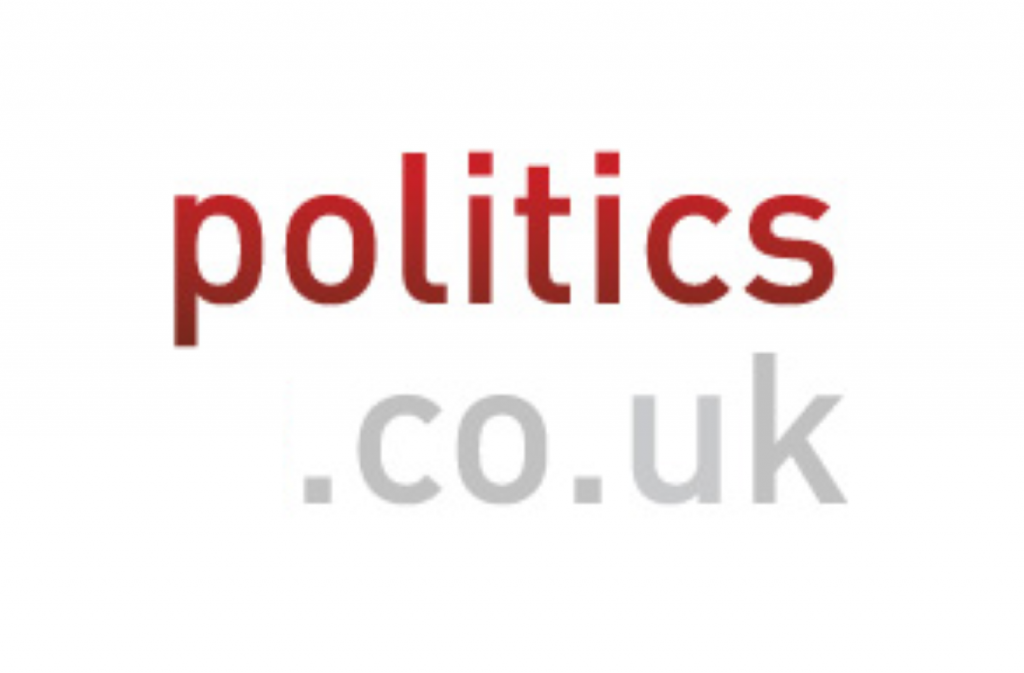ONS to be made independent
The Office for National Statistics (ONS) will be made independent from government to safeguard its work from political interference, Gordon Brown said today.
Currently a government department, the ONS is responsible for producing economic and social statistics, which are used both as a basis for policy making and holding government to account on its performance.
Speaking to the CBI conference today, the chancellor announced that he would be giving it the same independence as he gave the Bank of England when Labour came to power.
“I propose to legislate to make the Office for National Statistics independent of government, making the governance and publication of official statistics the responsibility of a wholly separate body at arm’s length from government and fully independent of it,” he said.


Mr Brown told business leaders it was about, “taking government out of areas where it need not be and government guaranteeing economic decisions are made as they should be, for long-term economic purposes, not for short-term partisan gain”.
As with the Bank of England, the move would see an independent governing board charged with responsibility for ensuring the ONS’ integrity, made up of external members and accountable to parliament and the Treasury select committee.
The decision was welcomed by the ONS registrar general Karen Dunnell, who said it was “an important step forward in enhancing the integrity of official statistics” and increase public confidence in the process.
The announcement came as the chancellor sought to persuade business leaders that he was working for a “Britain made for globalisation – the location of choice and the place for business to be”.
Business leaders have expressed concern about the high level of public spending, the need for better vocational education, and most recently, how Britain is meeting its energy needs.
Today, Mr Brown insisted that Britain had some of the lowest inflation rates in the world, and was one of the most stable economies, adding: “My first and foremost commitment is to maintain economic stability – stability yesterday, today and tomorrow.”
He called for a “shared national economic purpose”, saying he wanted to work with business to meet “all long-term challenges by making the reforms you need and the modernisation you require and the country requires for economic success”.
In the pre-Budget report, he said, there would be proposals to make planning law simpler and more responsive to business; to cut business taxes; to review partnerships between universities and business; and to encourage more people to start up their own businesses.
There would be “discipline” on public sector pay, Mr Brown, and, on the issue of pensions, he insisted any new scheme would have to be affordable and sustainable.
The chancellor also promised a lighter and “more limited” touch on regulation, saying he would introduce a “modern model” based on risk, where there was no inspection, form filling or information requirements imposed on business without justification.

